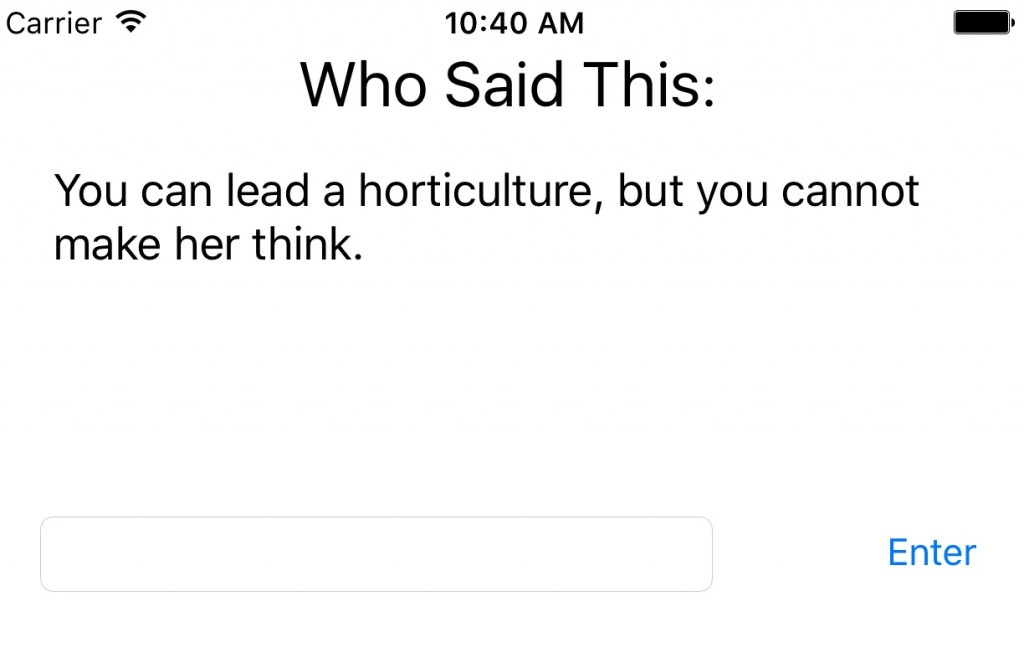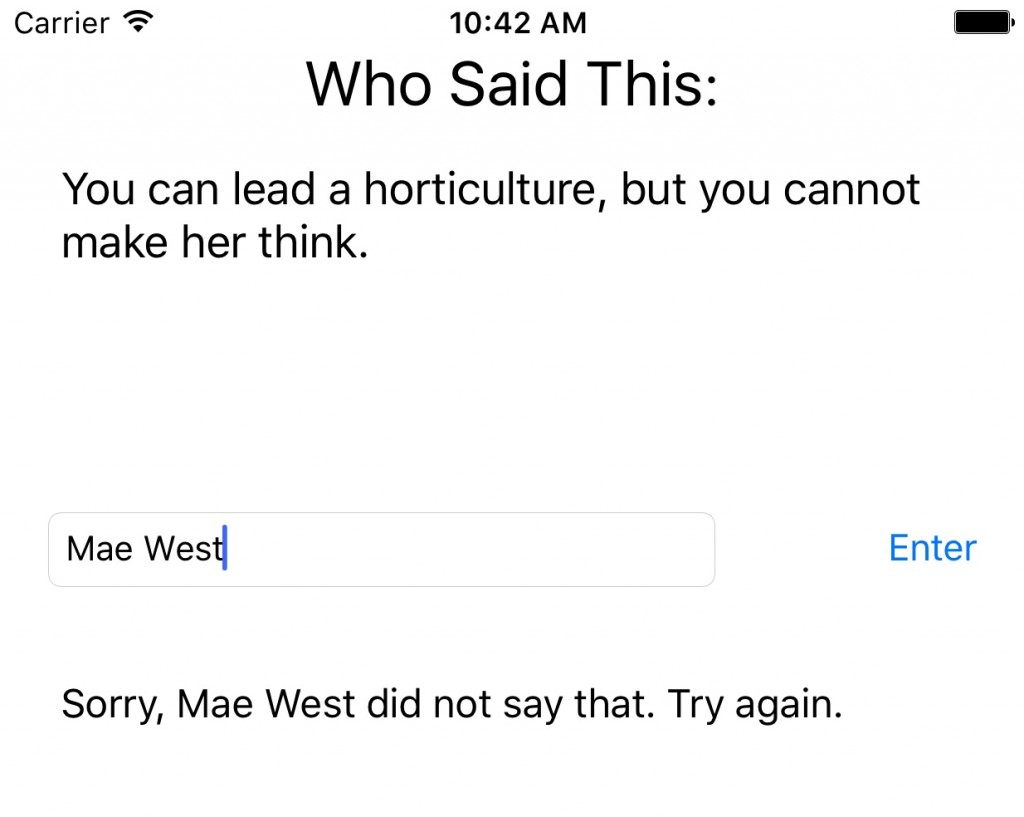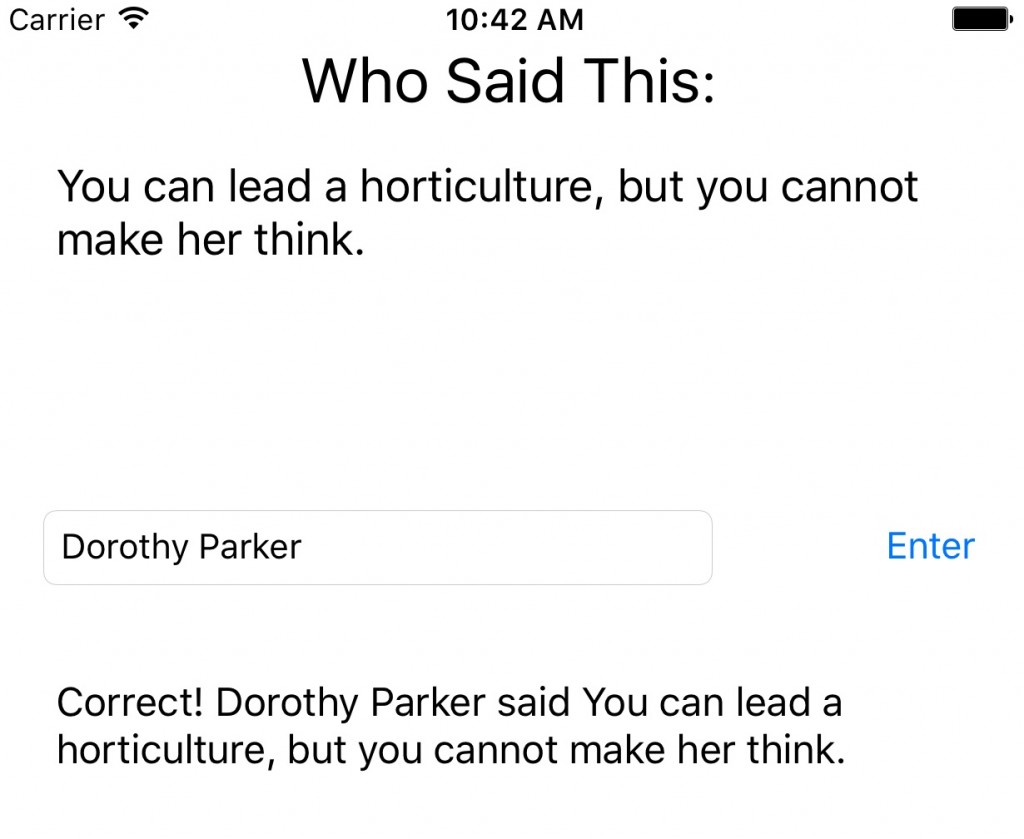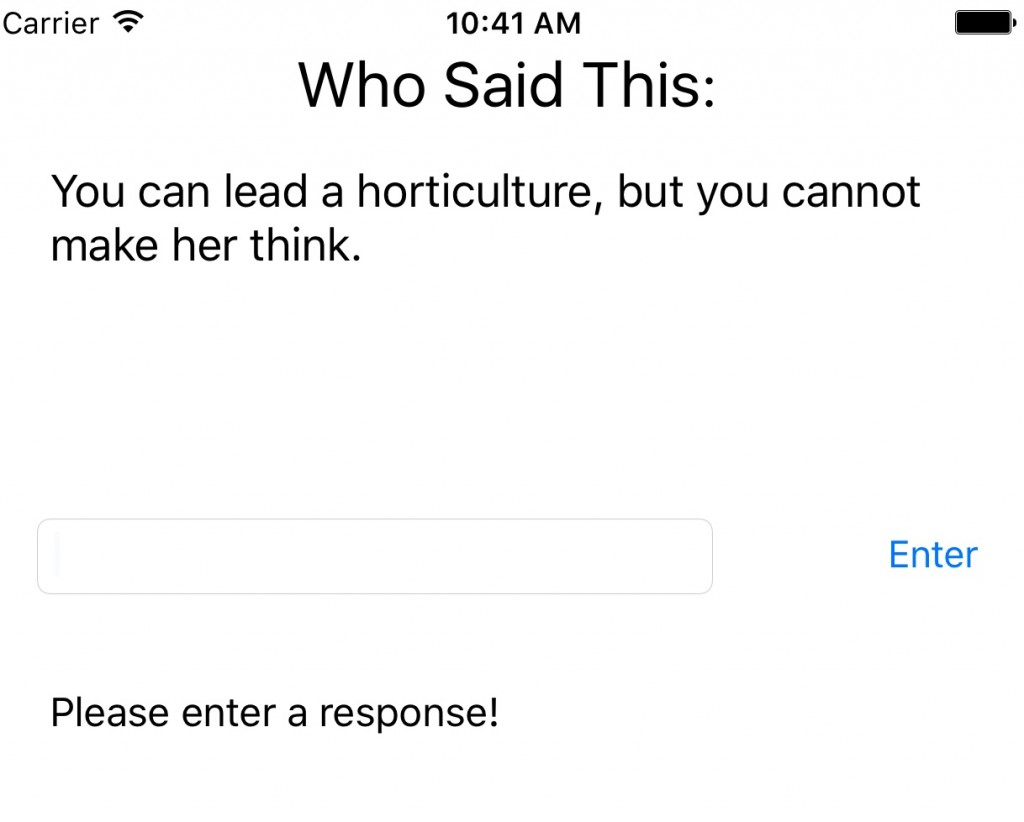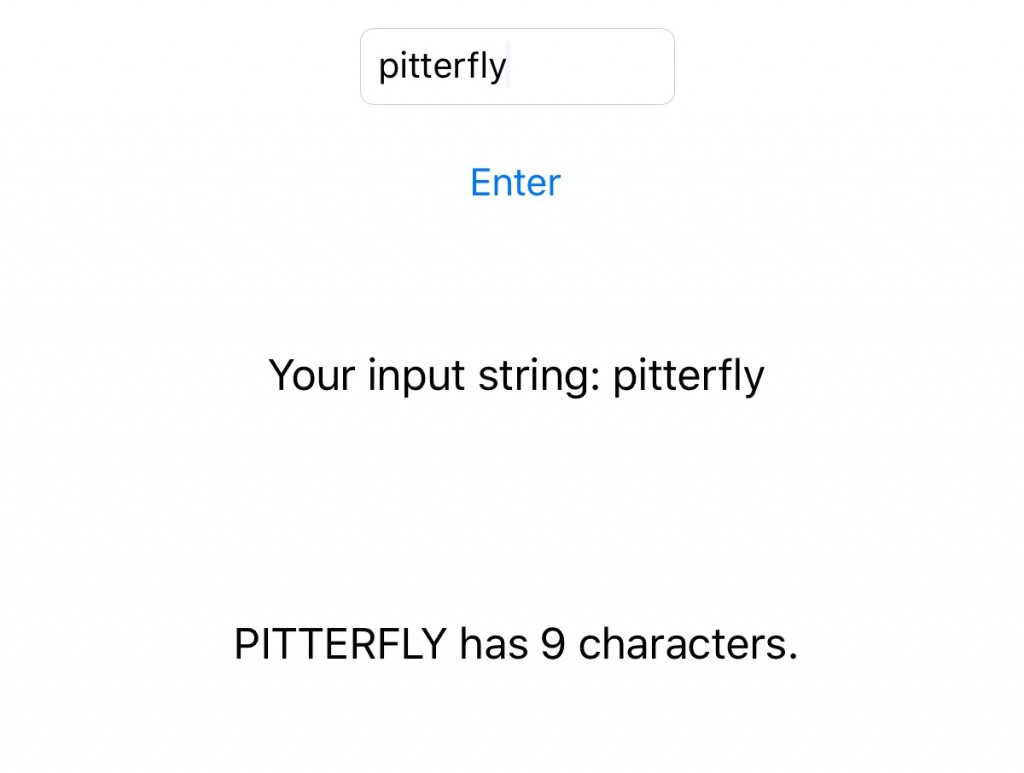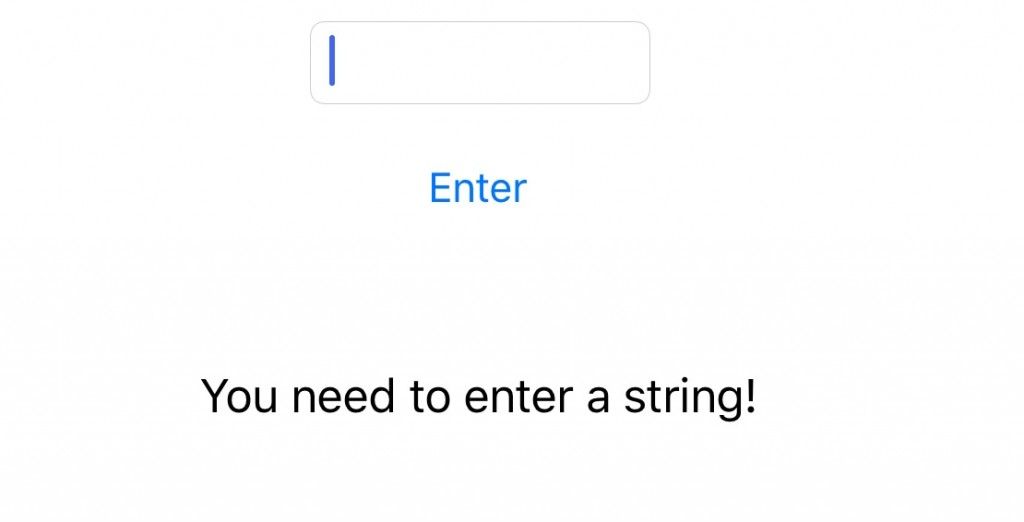Anyone who follows me on Twitter or knows me in real life knows that I am quite fond of my evening glass of wine. It’s at a point where it’s almost a personality trait, along with my pugs.
I am vaguely aware of the fact that it’s not really a good thing to be known as the person who drinks a lot. I had the problem of thinking that people like Dorothy Parker and Lucille Bluth are super cool and have lead me to attribute this as a positive personality trait.
I wasn’t always like this.
How I Started Drinking
The first time I ever got drunk was at my bachelorette party. It was a very interesting experience for me. It felt like having a migraine only it didn’t hurt. It put me into this weird, almost meditative state that I found very stimulating.
I never partied when I was in high school or college. I used to spend my Saturday nights watching public TV with my parents. When I was in college I would spend all night alone in my apartment doing cross stitching while watching Law & Order marathons.
I felt kind of like I missed out on my youth and I wanted to make up for lost time. I figured I would get tired of it and I didn’t worry about it too much.
I went back to school to learn programming. I had a lot of anxiety about how I was going to find a job because I knew that the tech industry was very youth-centric. I knew as a woman in my 30’s with no experience it would tricky to break into the industry. I knew my best chance was to work my ass off and try to increase my skills as fast as possible. I stopped cross stitching and doing all the things I used to do to relax. The easiest way to get myself to relax was to drink. I half heartedly tried quitting a few times, but I was so stressed out that I figured I would deal with it later.
Then my marriage started falling apart.
The last year I was married I gave myself alcohol poisoning five times. Two weeks into my first job I was out for New Year’s and I drank so much so quickly that I could not keep water down for a few days. I didn’t want to tell any of the young guys at my job that I got so drunk I couldn’t keep water down, so I just kind of got through it.
After I left that job I worked from home and worked on a book. I used to keep boxes of wine outside where they would freeze overnight. I would bring them in and by the time noon rolled around the wine was thawed enough for me to drink it.
After the divorce I went through a massive depression that I did not expect to go through. I had to commute sixty miles a day to and from my job. By the time I got home I was so spent that all I could do was open a bottle of wine and drink in the bath tub. I deluded myself into thinking I didn’t have a problem because I stopped giving myself alcohol poisoning.
I am painfully aware that these behaviors that I am describing are really unhealthy. But I was stressed out and depressed and this wasn’t at the top of my list of things to worry about.
Why I Am Going to Stop
I am honestly trying to remember what triggered this most recent decision.
The last few months I haven’t been able to go for walks because of the weather. I used to walk 45 minutes a day. It was therapeutic. I wasn’t doing it to lose weight, it was just to get away from the computer and try to clear my head.
I hit 34 and started noticing things like lines around my eyes. I feel like I have put on a bunch of weight over the last few months. I bought larger jeans that used to be loose that are now not anymore.
I recently was able to start doing my walks again recently. I realized that even though I was jogging two miles a day I probably wasn’t going to lose any weight because of my drinking habit.
For some reason, this really bothered me. I don’t want to be a person who is obsessed with losing that last ten pounds, but I am at the point where a bunch of this crap is really bothering me.
I have cleared out enough other emotional baggage from my queue that I now want to deal with this.
I don’t want to feel this way anymore. I have had enough periods of my life where I was out of shape and not feeling particularly well. I know that inevitably at some point I am going to be old. It will be harder to lose weight than it is now. My joints will bother me. I can’t keep this from happening, but I can push it off a while longer by making changes now. It’s better late than never.
What I am Trying To Do
My initial thought was that I would do things in moderation. I would limit myself to one glass of wine a night. I then realized that was not going to work. I always think I will have one, but then after the first one I feel really good and the evening is still early, so I have more.
I also decided not to try and replace alcohol with another sweet beverage like fruit juice. I want to be healthier and lose weight, so replacing alcoholic sugar with non-alcoholic sugar was not a great idea.
I am trying to go cold turkey on most sugar.
I did this a few years ago. I drank nothing but water for like two weeks to retrain my palette not to expect everything it encounters to be sweet.
I am restraining my beverage intake to just water, sparkling water, and tea. I am putting some honey in my tea in the mornings because I am also putting lemon in it and I need something to ameliorate it. I know honey is sugar and sugar is bad for you, but I am confining it to that one thing and I have no allusions that it’s healthy, so don’t lecture me.
I am taking this one day at a time. I know from watching people fail at diets that I am going to have bad days. I will have days where I simply can’t deal with it and I will drink. I will not throw in the towel and give up on the experiment. I will just try to do better next time.
Things I have Notice So Far
I am only on my third day of this, so in a few weeks this might be a laughable blog post. But I have noticed a few things so far.
Nights are Boring
My routine used to be that I would finish work, take a bath with a glass of wine, get warm and comfortable, then go to bed.
I can’t do that anymore.
I used to think that after I got done with work, that I was spent for the day. I would basically drug my brain to get it to relax and calm down so I could sleep and work the next day.
The last few days I have realized I can take a bath and be refreshed enough to work on something else that I actually want to do.
It’s really disconcerting. I know I am tired and I need to sleep, but my brain gets a second wind.
This might be a temporary thing and I will probably crash in a few days. At that point I need to figure out a better way to relax. I never thought I would forget how to relax. It was so hard to do any work when I was younger that I never thought I would be stuck in the mind set that I had to work all the time.
Sugar Withdrawal Really Sucks
I think part of the reason I was drinking as much as I did was because I trained my brain to associate sugar with work being over.
I knew that alcohol had a lot of sugar in it, but I didn’t think about the fact that I was slowly increasing my intake over the last few years.
Yesterday I wanted to stab someone for a drink, not because I craved the alcohol, but because I craved the sugar. I ate a few pieces of dark chocolate and I felt better and the craving went away.
The long term goal isn’t to replace one source of sugar with another. I know that cutting back on all sugar is the goal, but it takes some time to get there. At least the chocolate provides some satiation. Alcohol is an appetite stimulant. I will not be hungry, but then I will have a glass of wine and suddenly be famished. Cutting back on the alcohol not only cuts those calories, but also all the ones I would eat after getting the munchies.
I am hoping the cravings get better the longer I stick with this.
Not Exercising Bothers Me
My Apple Watch got pretty passive aggressive with me over the winter because I wasn’t going on my walks. It was annoying, but I didn’t feel super compelled to do anything about it.
The last few days I have been crawling the walls if I can’t do some kind of exercise.
I wanted to go for a walk yesterday and I almost jumped out of my skin trying to find a time I could get out of here. It was too cold to walk, so I did a strength training exercise for half an hour and even that didn’t feel long enough.
Sitting at my computer today drove me crazy. I am going to try to find a way to do a standing desk of some kind. It’s harder to do with the retina iMac than it was with the laptop and the robotics boxes.
Moving Forward
For me, the biggest test of how this will go is when I got to my first conference this year in two weeks, RWDevCon. I need to decide if I am going to forgo drinking altogether at that event or try to limit myself to one drink. If it were right now I would forgo it completely, but I will see how I feel then.
I wish I could see this in an optimistic light. Yay, I can work on side projects after work. I can work out and lose weight and be healthier. This is going to be super awesome.
But I can’t think of it that way. This is going to be a huge and difficult adjustment. I know I used to live quite happily not doing this every night and I can probably do that again. But it’s going to take some time and effort to relearn how to relax so I don’t burn myself out. I feel like I have taken the fail safes off of myself that kept me from doing too much. I knew I could force myself to relax by basically drugging myself. Now that I am choosing not to do that anymore, I am not sure how I am going to function. I guess I will find out.
